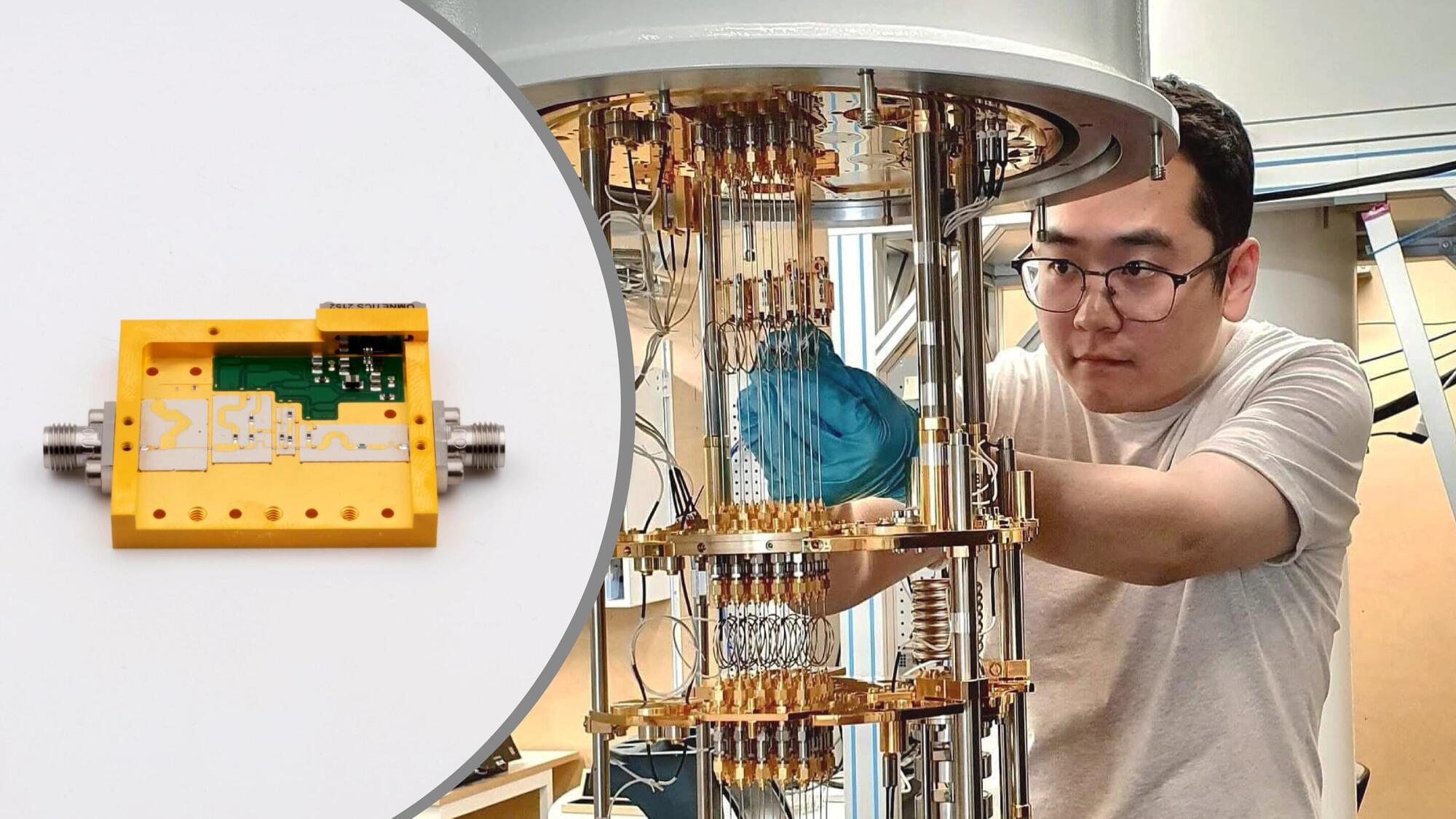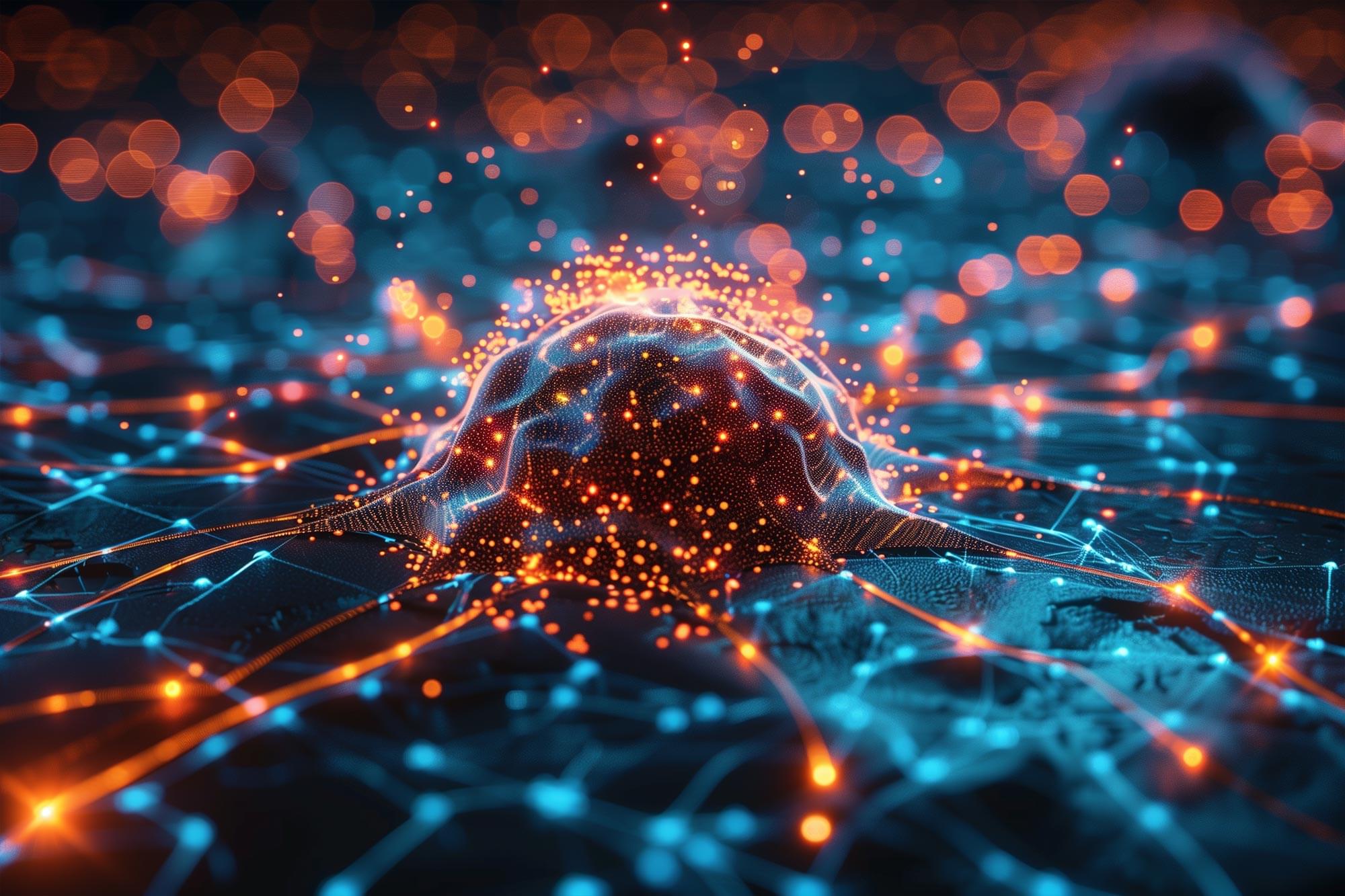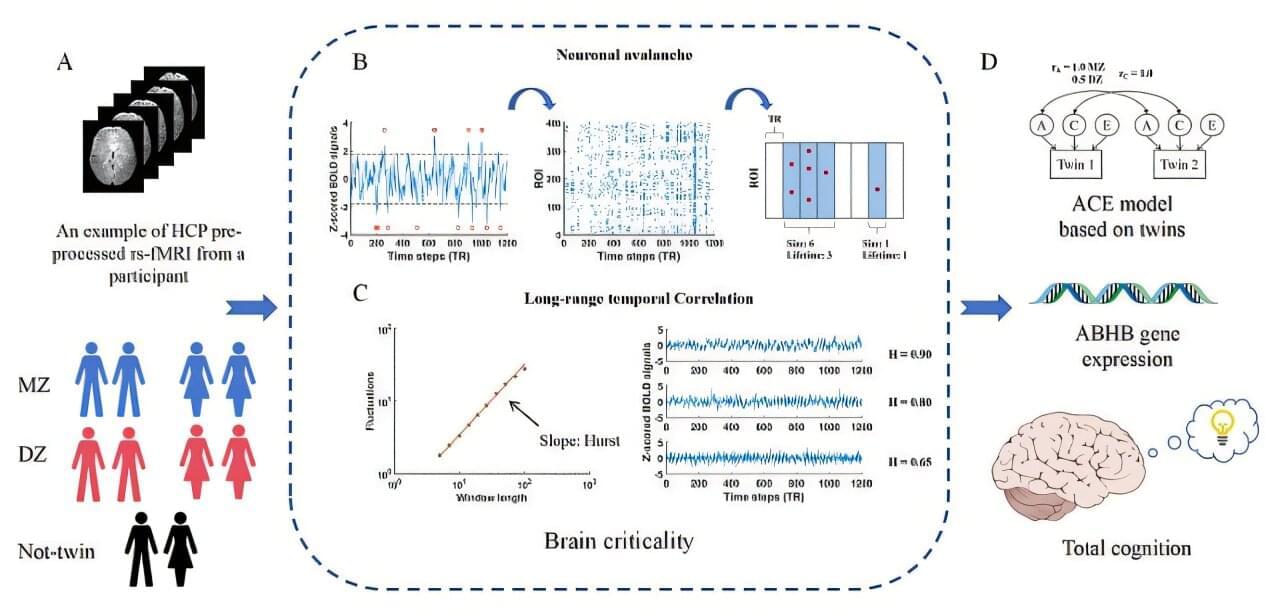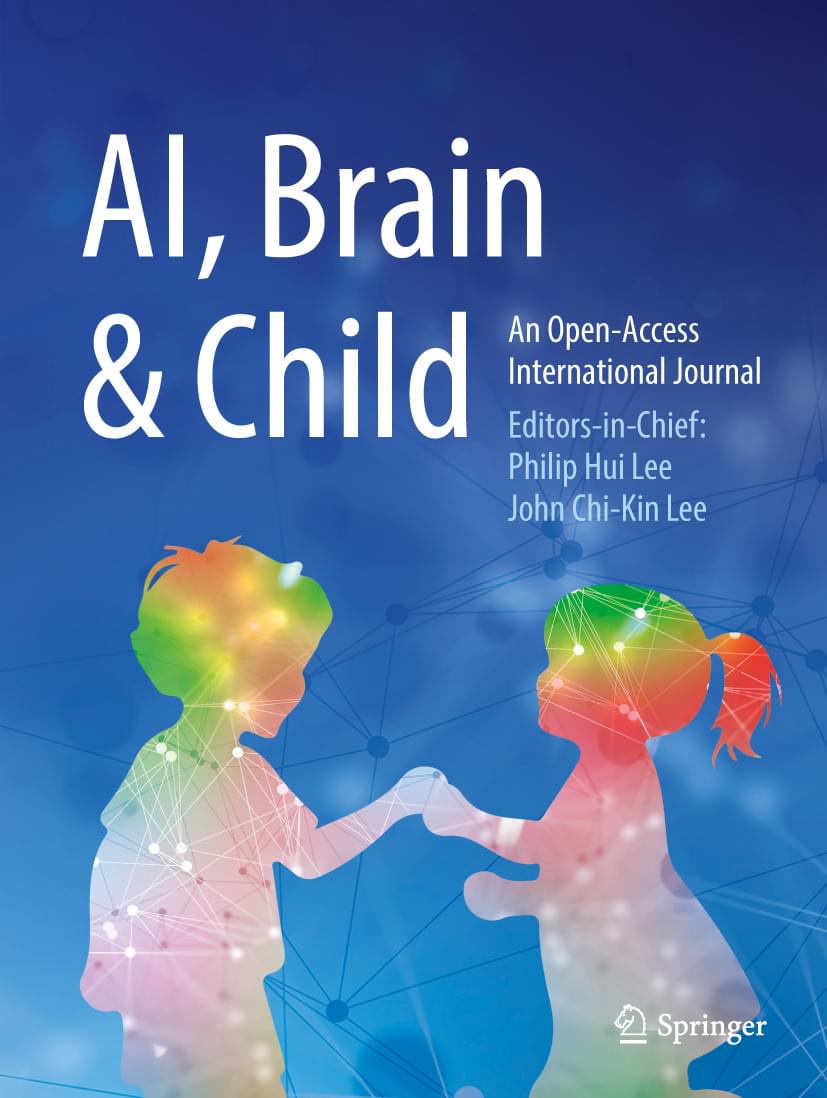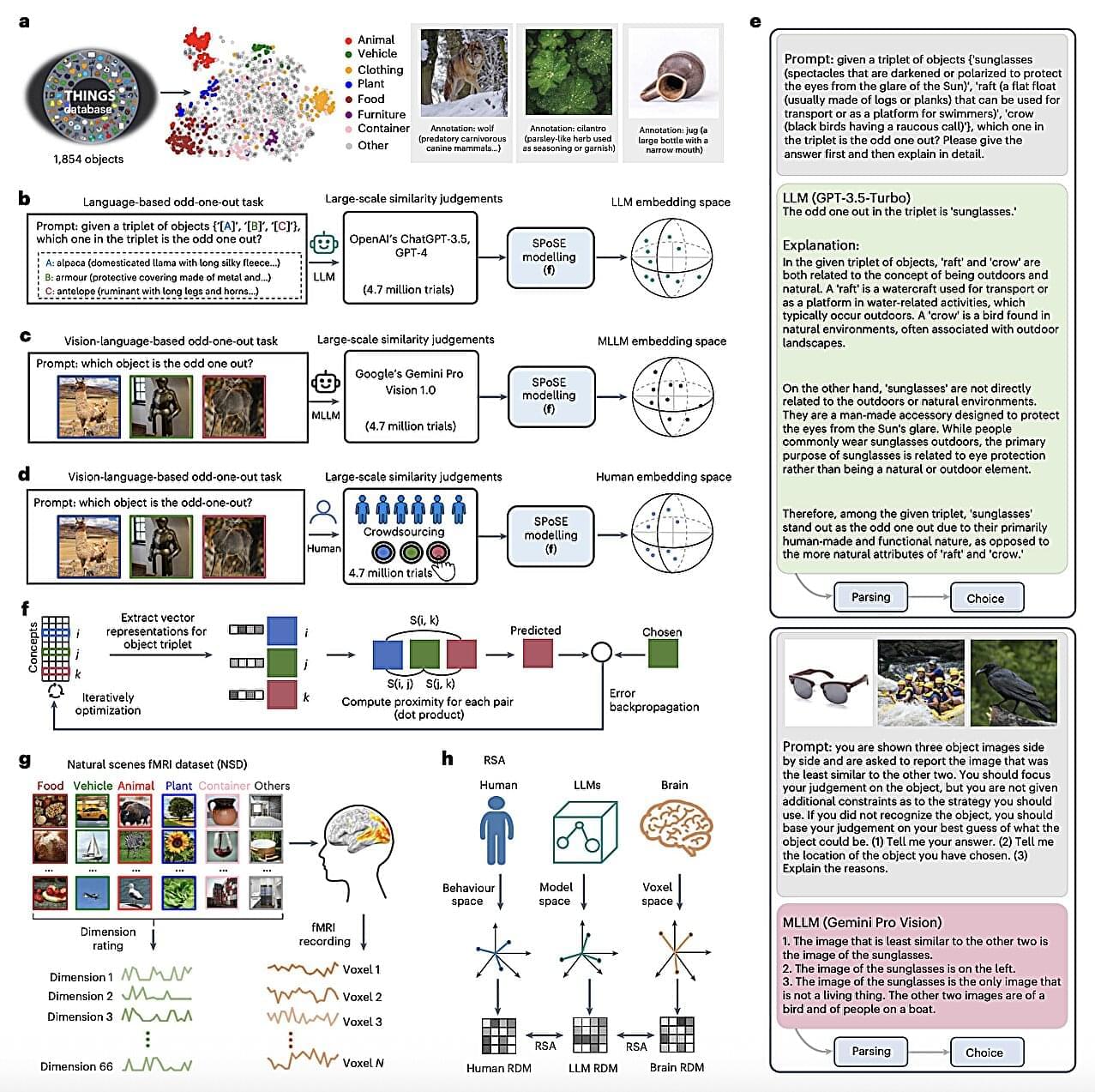Solving life’s great mysteries often requires detective work, using observed outcomes to determine their cause. For instance, nuclear physicists at the U.S. Department of Energy’s Thomas Jefferson National Accelerator Facility analyze the aftermath of particle interactions to understand the structure of the atomic nucleus.
This type of subatomic sleuthing is known as the inverse problem. It is the opposite of a forward problem, where causes are used to calculate the effects. Inverse problems arise in many descriptions of physical phenomena, and often their solution is limited by the experimental data available.
That’s why scientists at Jefferson Lab and DOE’s Argonne National Laboratory, as part of the QuantOm Collaboration, have led the development of an artificial intelligence (AI) technique that can reliably solve these types of puzzles on supercomputers at large scales.

